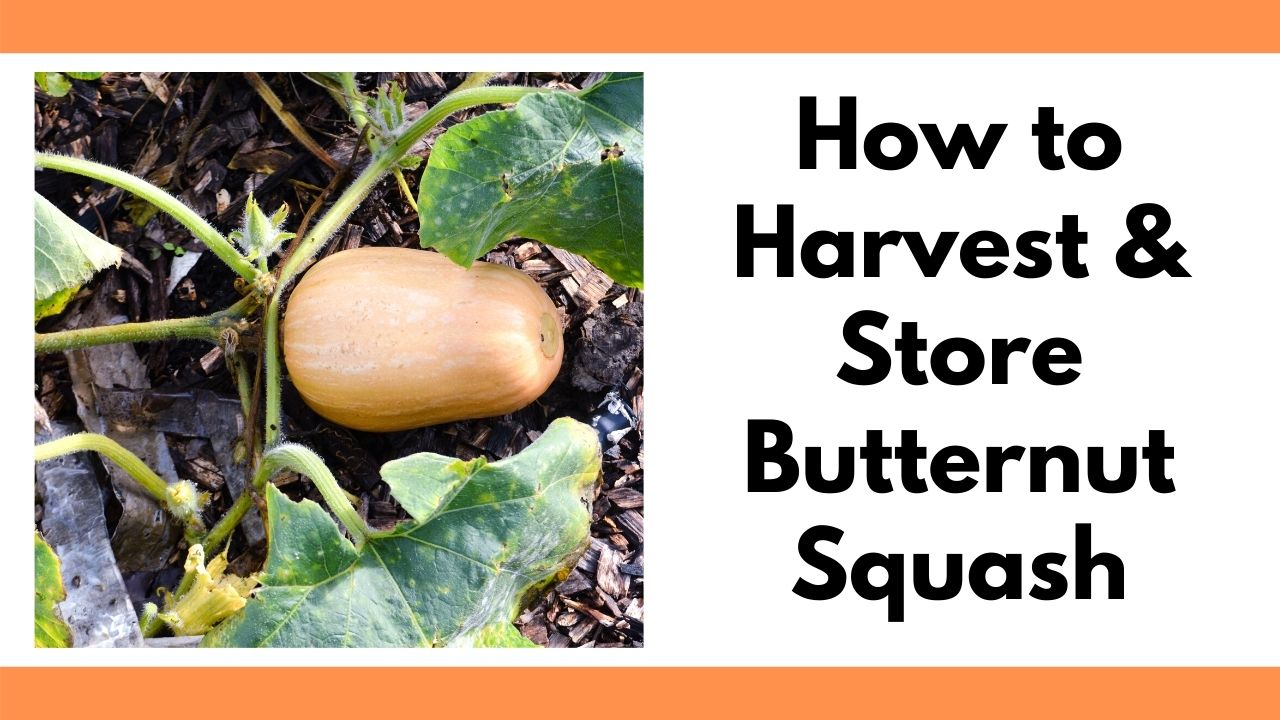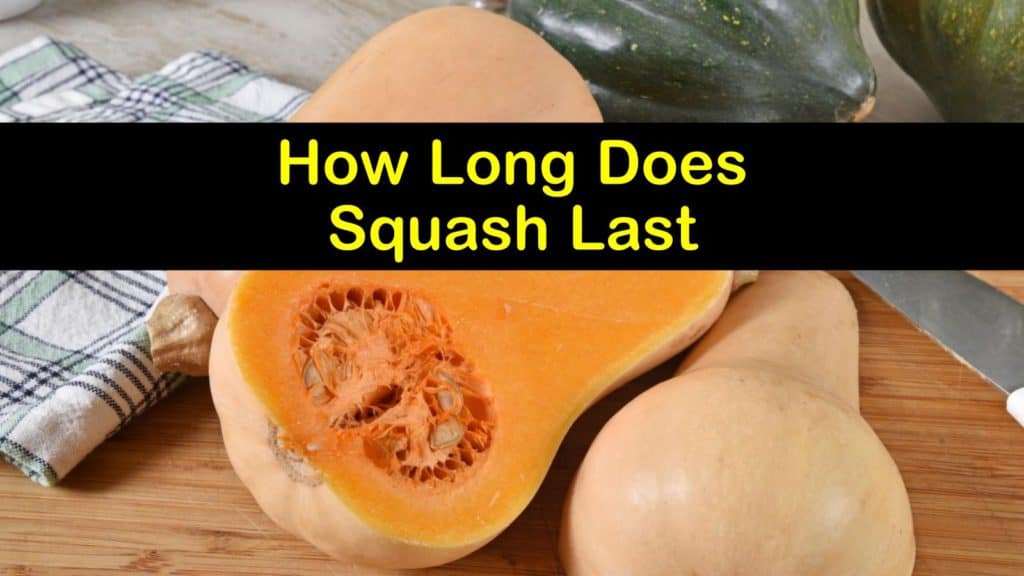Understanding the Factors Affecting Seed Longevity
Proper storage, handling, and environmental conditions play a critical role in determining how long do squash seeds last. Temperature, humidity, and light exposure are three key factors that can significantly impact seed viability. High temperatures, for instance, can cause seeds to deteriorate rapidly, while low humidity can lead to seed desiccation. Similarly, direct sunlight can cause seeds to become brittle and prone to cracking. By understanding the role of these factors, gardeners and farmers can take steps to optimize seed storage and handling, thereby extending the shelf life of their squash seeds. In fact, studies have shown that seeds stored in cool, dry conditions can remain viable for up to 5 years, while those exposed to high temperatures and humidity may only last for a few months. By controlling these environmental factors, growers can significantly improve the longevity of their squash seeds.
The Average Lifespan of Squash Seeds
The shelf life of squash seeds can vary depending on the type of squash, with some seeds lasting longer than others. On average, squash seeds can remain viable for 2 to 5 years when stored properly. However, some types of squash seeds, such as acorn squash, may only last for 1 to 2 years, while others, like zucchini and yellow crookneck, can remain viable for 3 to 5 years. Understanding the average lifespan of different squash seeds can help gardeners and farmers plan their seed storage and planting strategies. For instance, if you know that your zucchini seeds will last for 3 to 5 years, you can plan to store them for longer periods of time. Similarly, if you’re working with acorn squash seeds, you may need to use them within a year or two to ensure optimal germination rates. By knowing how long do squash seeds last, growers can make informed decisions about seed storage and planting, ultimately leading to better crop yields and reduced waste.
How to Store Squash Seeds for Maximum Longevity
To maximize the shelf life of squash seeds, it’s essential to store them in a way that protects them from environmental factors that can cause degradation. One of the most critical factors in seed storage is the use of airtight containers. By storing seeds in airtight containers, growers can prevent moisture and air from entering the container and causing seed spoilage. Additionally, cool and dry storage locations can help to slow down the aging process of squash seeds. Temperatures between 32°F and 50°F (0°C and 10°C) are ideal for seed storage, as they help to slow down metabolic processes that can lead to seed degradation. It’s also crucial to keep squash seeds away from direct sunlight, which can cause seeds to become brittle and prone to cracking. By following these simple storage tips, growers can significantly extend the shelf life of their squash seeds, ensuring that they remain viable for longer periods of time and ultimately leading to better crop yields. By understanding how to store squash seeds properly, growers can answer the question of how long do squash seeds last and plan their seed storage and planting strategies accordingly.
The Role of Seed Quality in Determining Shelf Life
The quality of squash seeds plays a significant role in determining their shelf life. High-quality seeds from reputable suppliers are more likely to remain viable for longer periods of time, whereas low-quality seeds may degrade quickly. Seed age is another critical factor, as older seeds may have lower germination rates and shorter shelf lives. Additionally, seeds with high moisture content are more prone to spoilage, as moisture can lead to mold, mildew, and pest damage. Furthermore, seeds that have been damaged by pests or diseases may not remain viable for as long as healthy seeds. By understanding the impact of seed quality on shelf life, growers can make informed decisions about seed selection and storage, ultimately leading to better crop yields and reduced waste. For instance, if growers know that high-quality seeds can last for 3 to 5 years, they can plan their seed storage and planting strategies accordingly, answering the question of how long do squash seeds last. By prioritizing seed quality, growers can maximize the shelf life of their squash seeds and ensure optimal germination rates.
Signs of Seed Degradation and Spoilage
It’s essential to monitor squash seeds for signs of degradation and spoilage to ensure optimal germination rates and maximum yield. One of the most common signs of seed degradation is a change in seed color. Fresh squash seeds are typically white, cream, or light brown, whereas degraded seeds may appear grayish, yellowish, or even black. Another indicator of seed spoilage is a change in texture. Fresh seeds are typically firm and smooth, whereas degraded seeds may be soft, brittle, or cracked. Additionally, degraded seeds may emit a sour or unpleasant odor, which can be a sign of mold, mildew, or pest infestation. Growers should also inspect seeds for visible signs of mold, mildew, or pests, such as tiny holes, discoloration, or actual pests. By recognizing these signs of seed degradation and spoilage, growers can take prompt action to discard affected seeds and maintain a healthy seed stock, ultimately answering the question of how long do squash seeds last and ensuring optimal crop yields.
Reviving Old or Stored Squash Seeds
Even if squash seeds have been stored for an extended period, they can still be revived and used for planting. To stimulate germination, start by preparing a seed starting mix specifically designed for squash seeds. Moisten the mix with warm water, and then plant the seeds about 1-2 inches deep. Cover the seeds with a thin layer of the mix and place the container in a location with indirect light, such as a sunny windowsill or under grow lights. Maintain a consistent temperature between 70-85°F (21-29°C) and keep the soil consistently moist but not waterlogged. With proper care, old or stored squash seeds can still germinate and produce healthy seedlings, ultimately answering the question of how long do squash seeds last. By reviving old seeds, growers can reduce waste, save money, and enjoy a bountiful harvest.
Optimizing Seed Germination for Maximum Yield
To achieve maximum yield and ensure that squash seeds germinate successfully, it’s crucial to provide optimal growing conditions. Soil temperature plays a critical role in seed germination, with most squash varieties requiring temperatures between 65-85°F (18-29°C) to germinate. Maintaining consistent moisture levels is also essential, as seeds that are too dry or too wet may fail to germinate. Additionally, providing adequate light exposure is vital, with indirect light being ideal for seedlings. By optimizing these factors, growers can increase the chances of successful germination and ultimately answer the question of how long do squash seeds last. Furthermore, using high-quality seeds, storing them properly, and reviving old seeds can also contribute to maximum yield. By following these guidelines, growers can enjoy a bountiful harvest and make the most of their squash seeds.
Conclusion: Maximizing the Shelf Life of Squash Seeds
In conclusion, the shelf life of squash seeds is significantly influenced by various factors, including proper storage, handling, and environmental conditions. By understanding these factors and taking steps to optimize them, growers can extend the shelf life of their squash seeds and ultimately answer the question of how long do squash seeds last. From storing seeds in airtight containers in cool, dry locations to reviving old seeds with seed starting mix and indirect light, every step counts in maximizing seed longevity. Additionally, purchasing high-quality seeds from reputable suppliers and monitoring for signs of seed degradation and spoilage can also contribute to a longer shelf life. By following these guidelines, growers can enjoy a bountiful harvest and make the most of their squash seeds.






